Alternative Titles
Synonyms: Yoseatsume Blues, Cowboy Bebop Session XX, Cowboy Bebop Episode 27 Session XX, Cowboy Bebop Session XX: Mish-Mash Blues
Japanese: カウボーイビバップ よせあつめブルース
More titlesInformation
Type:
TV Special
Episodes:
1
Status:
Finished Airing
Aired:
Jun 26, 1998
Producers:
Bandai Visual
Licensors:
None found, add some
Studios:
Sunrise
Source:
Original
Genre:
Sci-Fi
Duration:
27 min.
Rating:
R - 17+ (violence & profanity)
Statistics
Ranked:
#24132
2
based on the top anime page. Please note that 'Not yet aired' and 'R18+' titles are excluded.
Popularity:
#3409
Members:
52,801
Favorites:
104
Resources |
|
Cowboy Bebop: Yose Atsume Blues
Cowboy Bebop: Session XX - Mish-Mash Blues
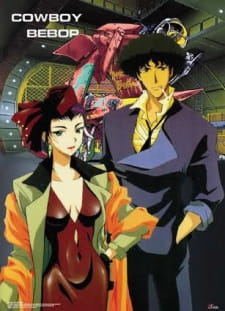

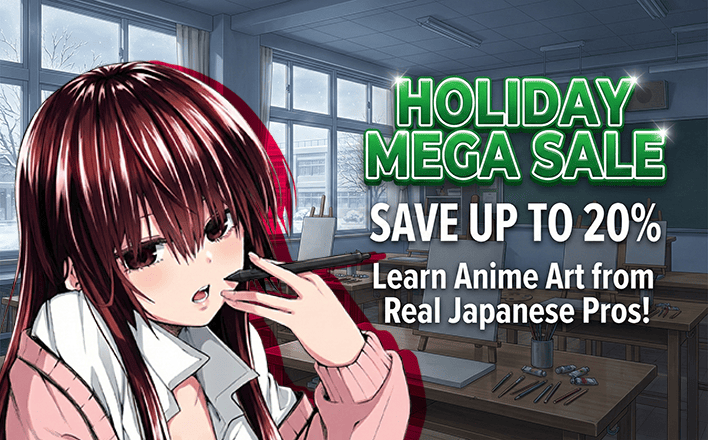
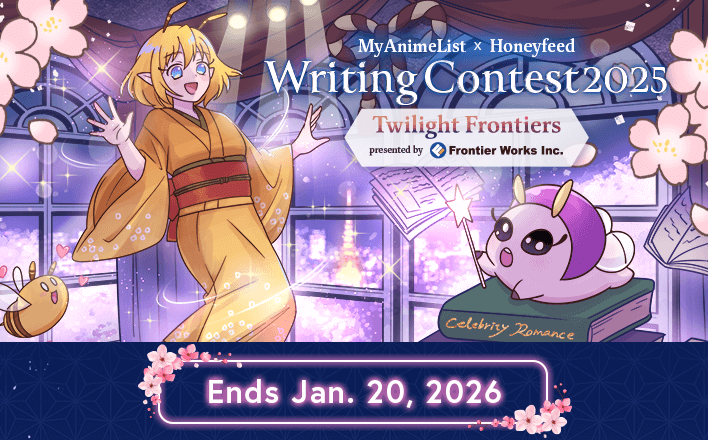
.png)
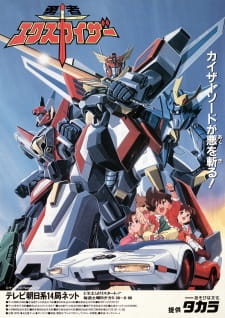
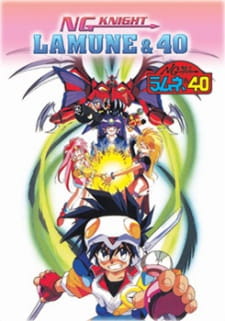
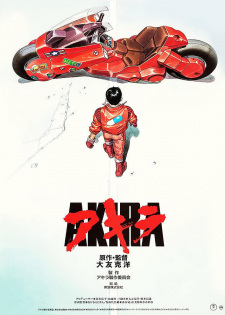
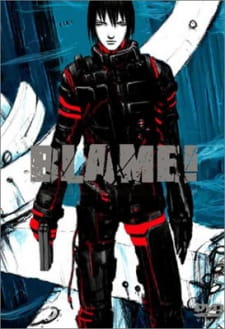
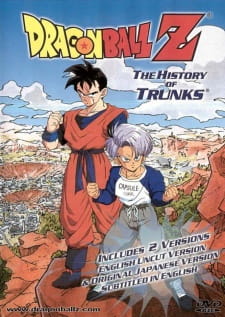
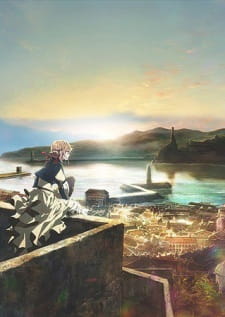
















![Keanu Reeves to play Spike Spiegel [Updated on January 15]](https://cdn.myanimelist.net/r/50x78/s/common/uploaded_files/1462114025-c34f8347108737b7cb82f4e7e99f6dee.jpeg?s=7c2691428c19919973db00a9e19b131a)
